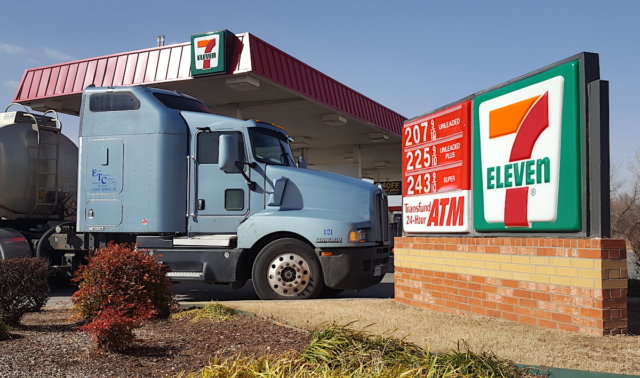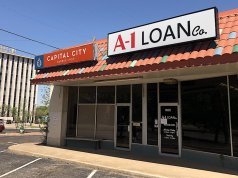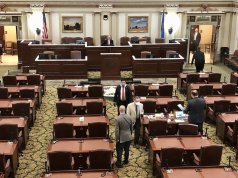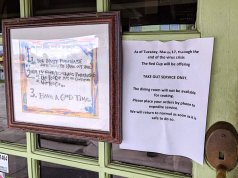

Roman playwright Titus Maccius Plautus once said, “You must spend money to make money.”
In other words, there is no taking without giving. For some people the work hours needed to pay living expenses and recreational needs provide a bountiful, if not adequate paycheck. For others, however, the hurdles in upholding equivalent exchange are much more difficult to jump.
Using the privatization of wealth to shift tides in society is the heart of capitalist societies, and the United States of America is one of the most egregious examples of one. American businesses carry this philosophy like a life motto; Car dealership and furniture store advertisements tout lower down payments and limited time sales like taglines on their brand. Marketplaces and gas stations manage prices within reason of supply and demand principles and fair bargaining, while also hoping to turn a profit.
Meanwhile, we eye price tags like a hawk, hoping to get the best deal. One person might live on a tighter budget than others when paying for home amenities and scan market value for the cheapest costs. Another might calculate the necessity of spending on things like food and gasoline against how to spend money in the future, like how it impacts meals for the next few days or feeds into how often we make phone calls or watch television to minimize the electricity bill.
Money is a necessary evil, whether it raising a family, furthering a career or even funding the government. No one can be expected to do free labor forever. Yet it also stands that no one worth their experience in their field can be expected to work for an underpaid wage. April 2018 saw Oklahoma teachers and allies protest across the state in response to low wages and cuts to education funding for certain class courses and sports programs. Privatization of wealth is important in developing our personal and public lives in a capitalist society, but when there’s not enough wealth spreading around, it’s inevitable that some people suffer pay cuts or drastically change living plans which potentially affect those around them.
Were this is an isolated issue, fixing this problem would be simple, but funding shortages run deep in the American economy to this day. Since the Great Recession in 2008, the country has seen stagnant wage growth among middle class workers, a continued wealth gap between black and white families, tax cuts and corporate consolidation constrain marketplace freedoms and the further concentration of economic power for the wealthiest Americans. The result is many in this country still struggle to make ends meet no matter how many hours they put into an average work week.
Uneven odds
Direct transactions become problematic when wages lower, but less income can also hamper lives in more indirect ways. When building a resume to send out to prospective employers, a mark of higher education, like a college degree, can certainly increase your employment odds. Unfortunately, not all schools are funded or staffed equally, and this influences the reputation and quality of education for individual academies. This impacts families hoping to get their children into a good college since more prestigious universities often have enough clout to charge higher tuition.
Some also need proper income in order to do their jobs better. Cameramen and independent filmmakers need funding for higher-end equipment and acting talent to improve their skills and work quality in order to add to their reels; political campaigners need enough money for advertising to help spread their message; and artists require proper supplies to practice specific techniques.
I don’t necessarily imply that people should slack off on their work, nor do I believe marketplaces should spontaneously lower prices. Rewarding hard labor is a core American principle. But in a community where centralizing power stems from economic income, and there’s no wealth to go around, the value of work is harder to see. The rich may prosper, but the poor can’t get any richer.




















